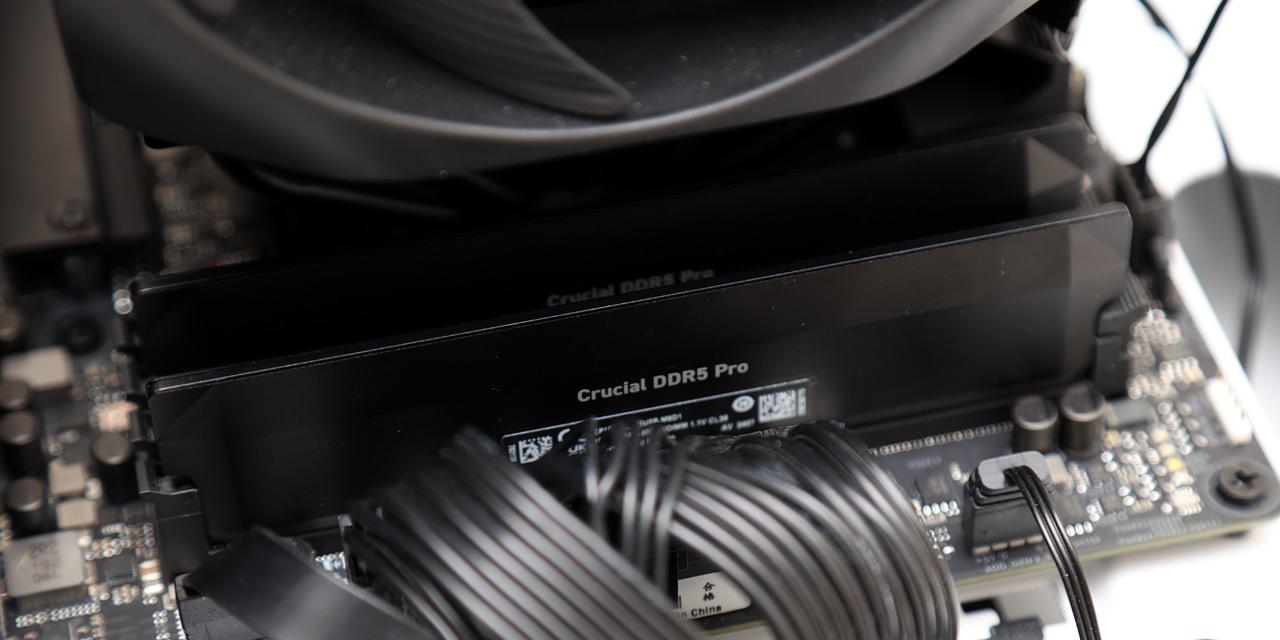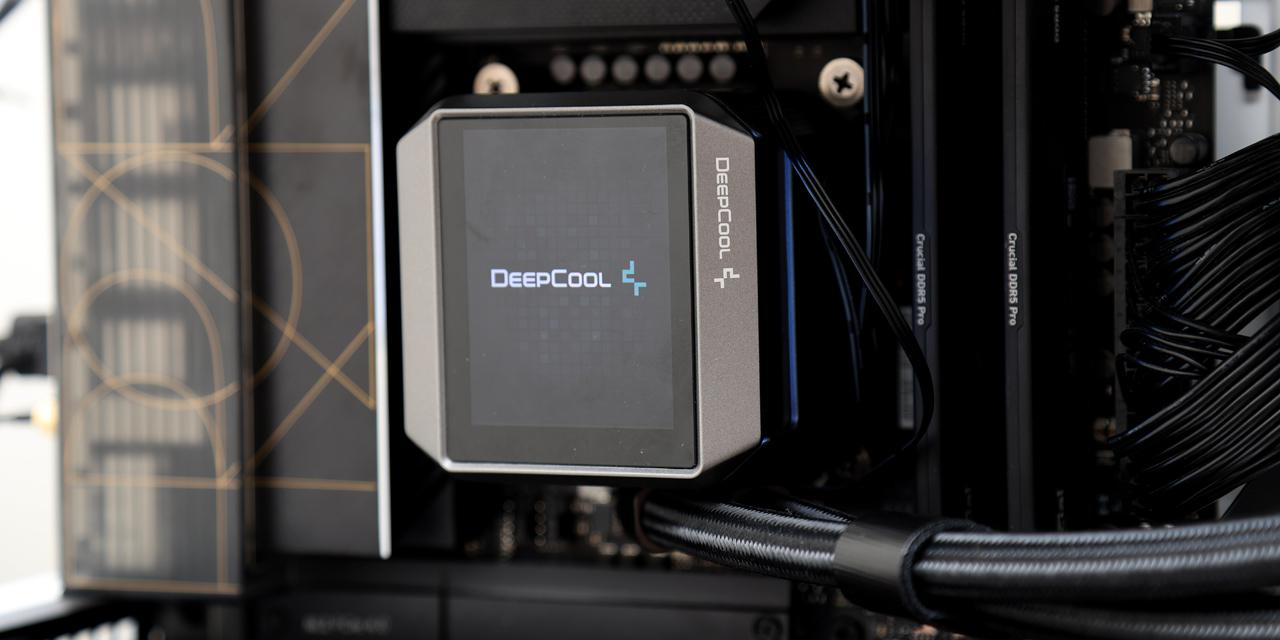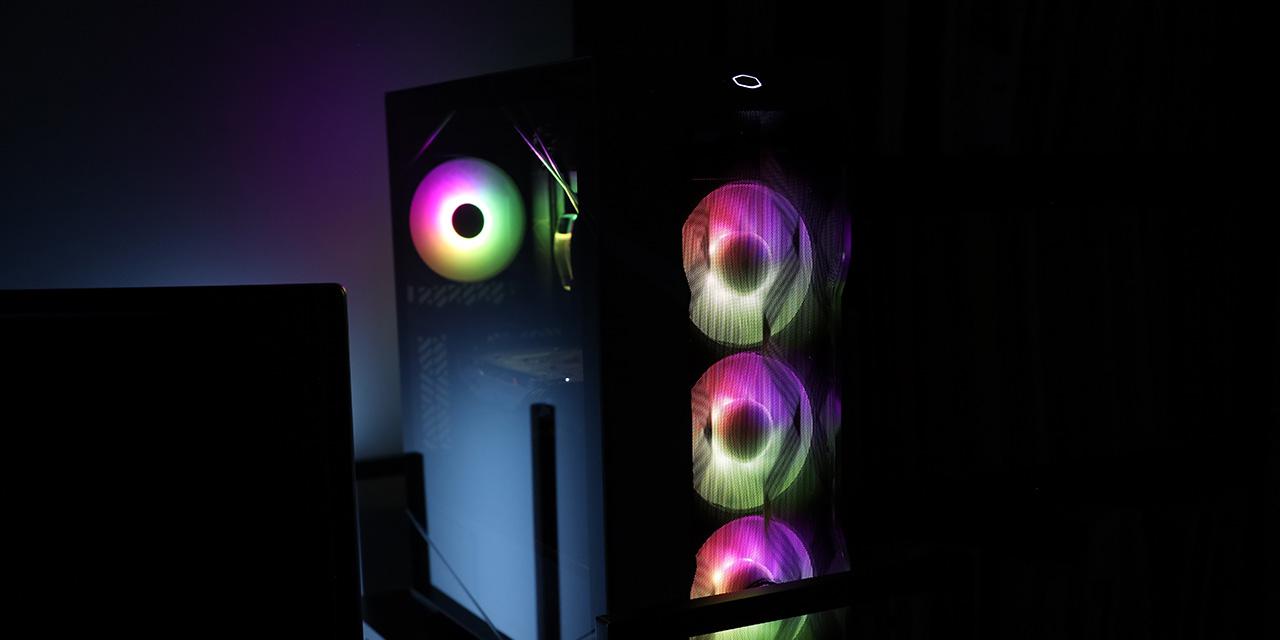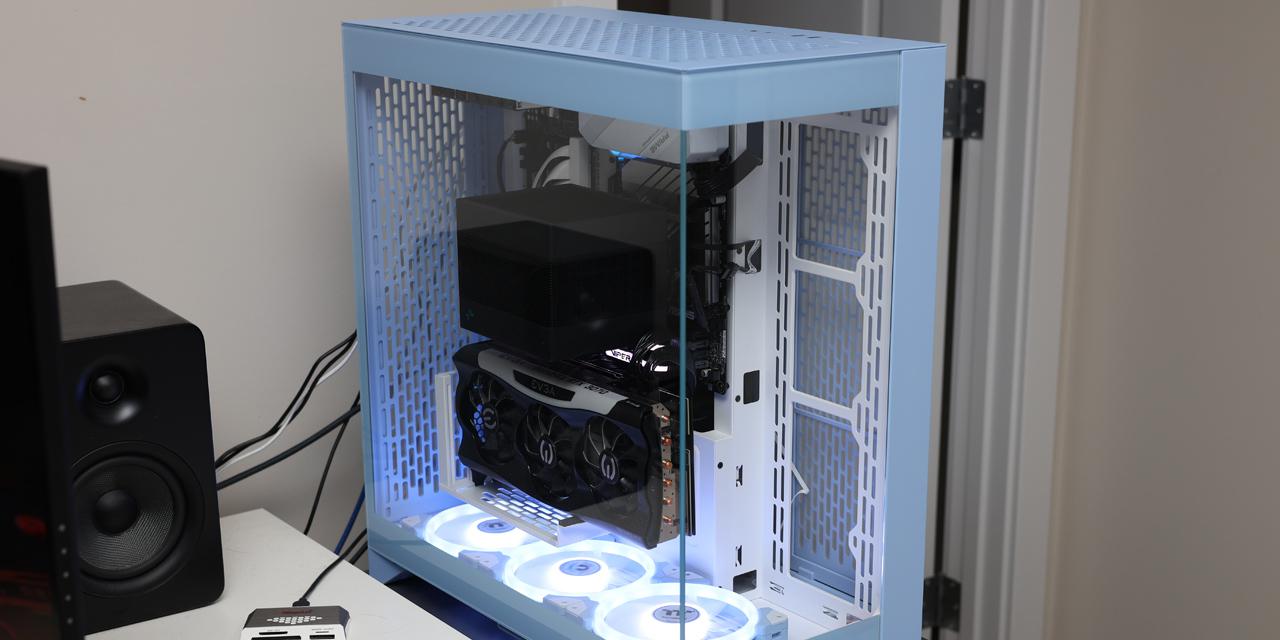From InfoWorld: For the second month in a row, Windows XP and Windows 8 defied their maker's wishes, as XP -- which Microsoft just wants to go away -- gained user share, and Windows 8, the OS Microsoft hopes will fuel sales of new devices, flatlined in February, an analytics firm reported.
February's trends for XP and Windows 8 were unwelcome news at Microsoft but perhaps not unexpected. In the past weeks the Redmond, Wash. company has been reduced to asking customers for help in shrinking XP's still-strong presence and has reportedly slashed the price of Windows 8.1 licenses to makers of low-priced devices in an effort to boost sales.
According to Aliso Viejo, Calif.-based Net Applications, Windows XP increased its share by three-tenths of a percentage point in February, ending the month at 29.5 percent of all desktop and notebook computers worldwide. The month before, XP had gained a quarter of a point.
The aged operating system accounted for nearly a third -- 32.5 percent -- of all Windows-powered PCs.
The second consecutive month of Windows XP increases in "user share," a rough measurement of what fraction of the world's computer owners run a specific operating system, was another setback for Microsoft, which has told customers to get off XP before it's retired from security support on April 8.
Because of the continued refusal of XP to disappear, Computerworld now forecasts that the OS will power about 28 percent of all personal computers at the end of April, and between 22 percent and 25 percent at the end of the year.
Microsoft will provide the final public patches for known vulnerabilities in XP on April 8. After that, customers will face an increasingly dangerous future where cyber criminals dig up new vulnerabilities -- perhaps by examining fixes for still-supported editions, like Windows 7 -- and unleash exploits on people who still rely on the retired OS.
With so many of the world's PCs predicted to run XP after patches stop, Microsoft faces a difficult decision: stick with the plan and risk a massive hit to its reputation if widespread attacks emerge, or back down and continue to support the operating system until more people upgrade to new devices. Neither will please everyone.
View: Article @ Source Site





